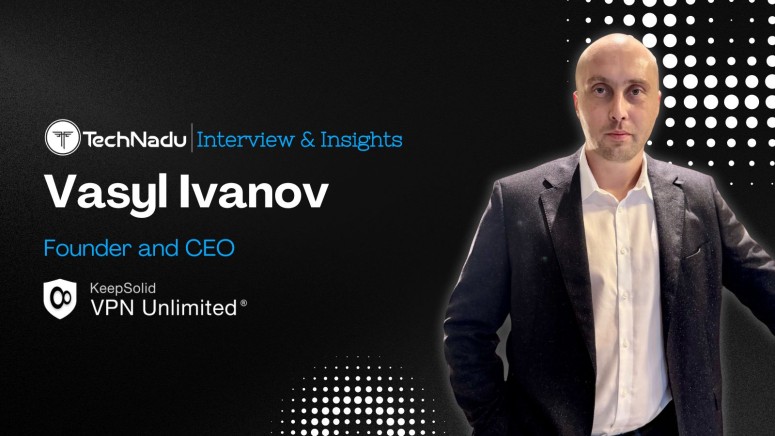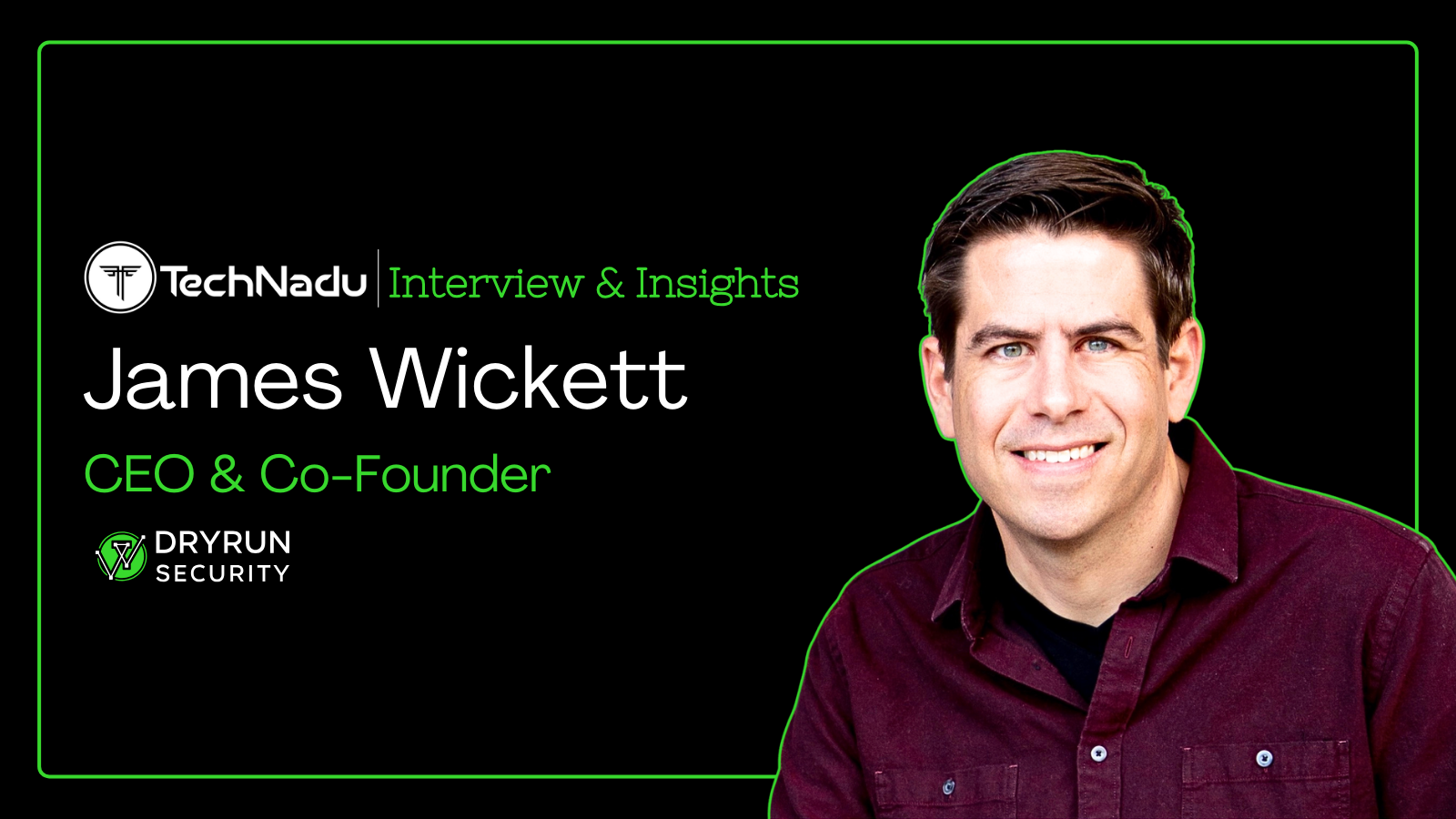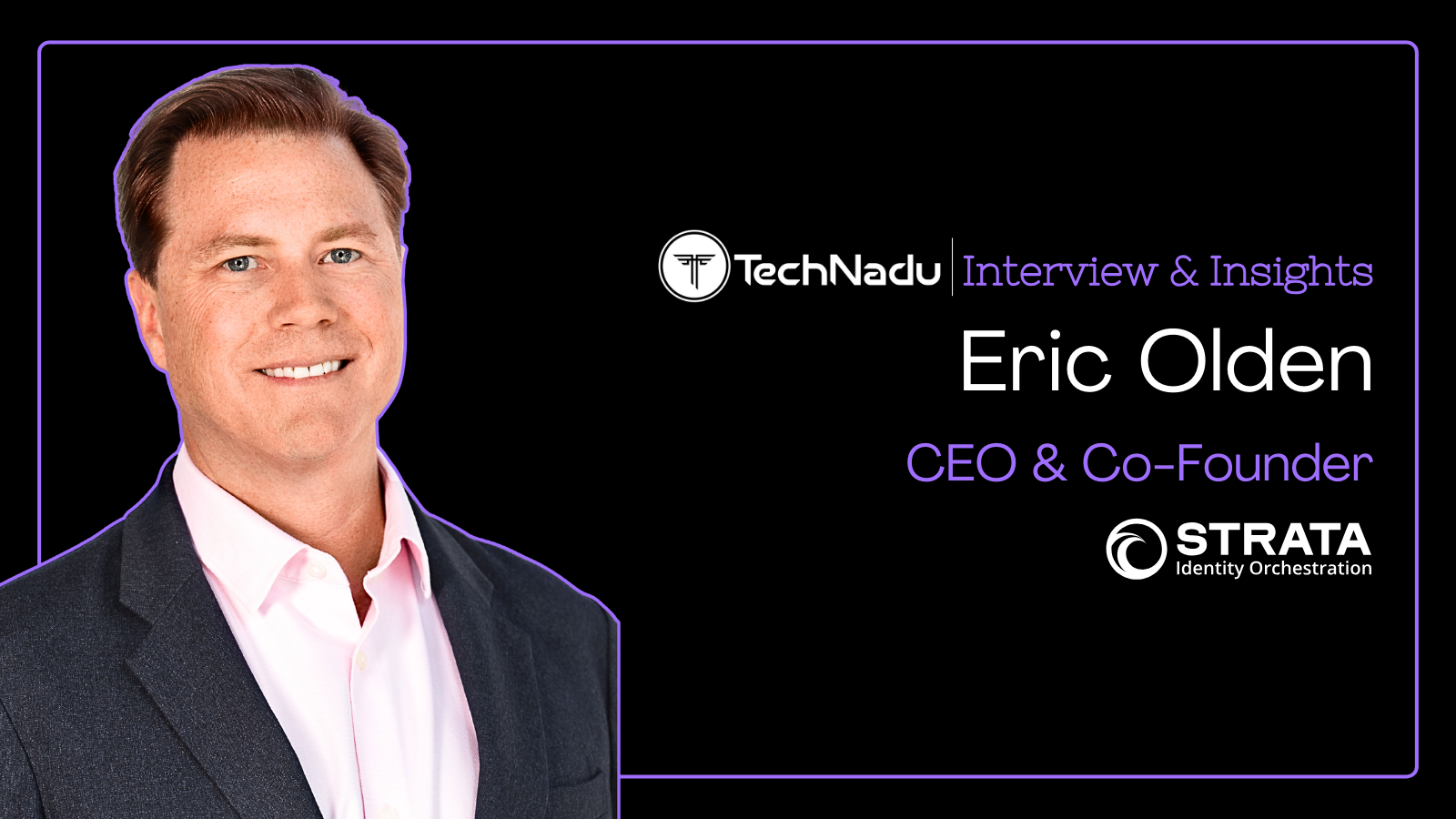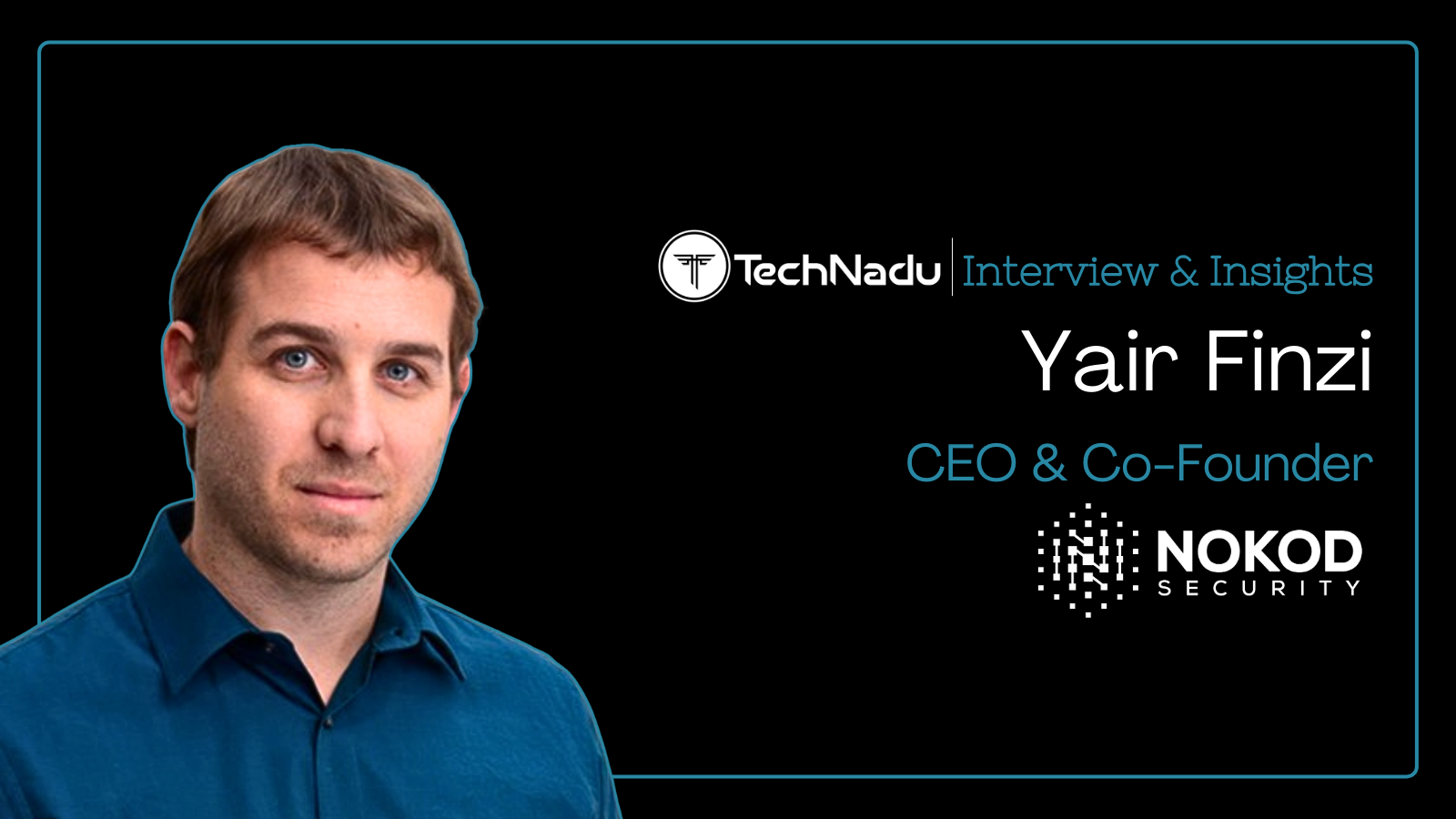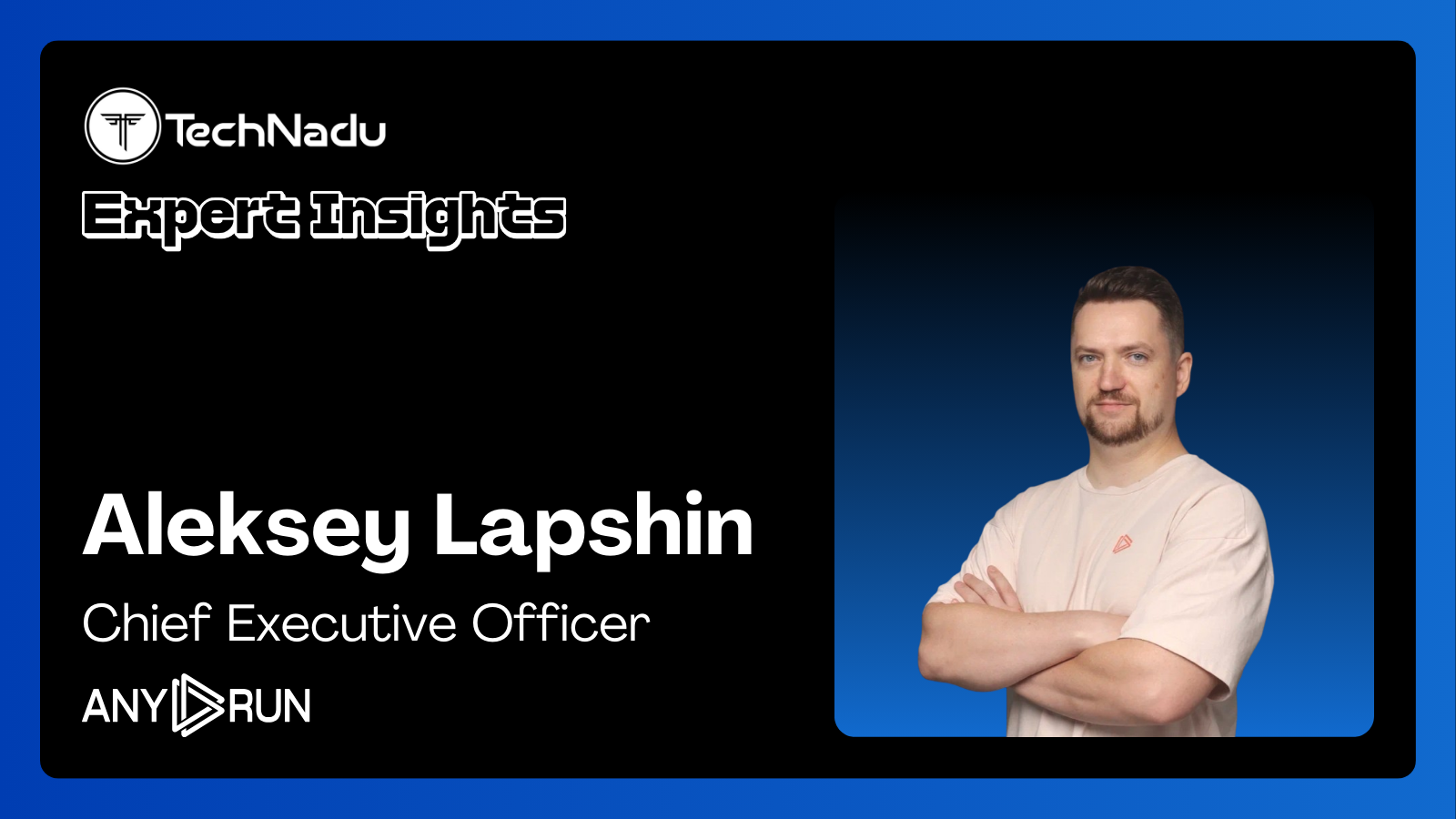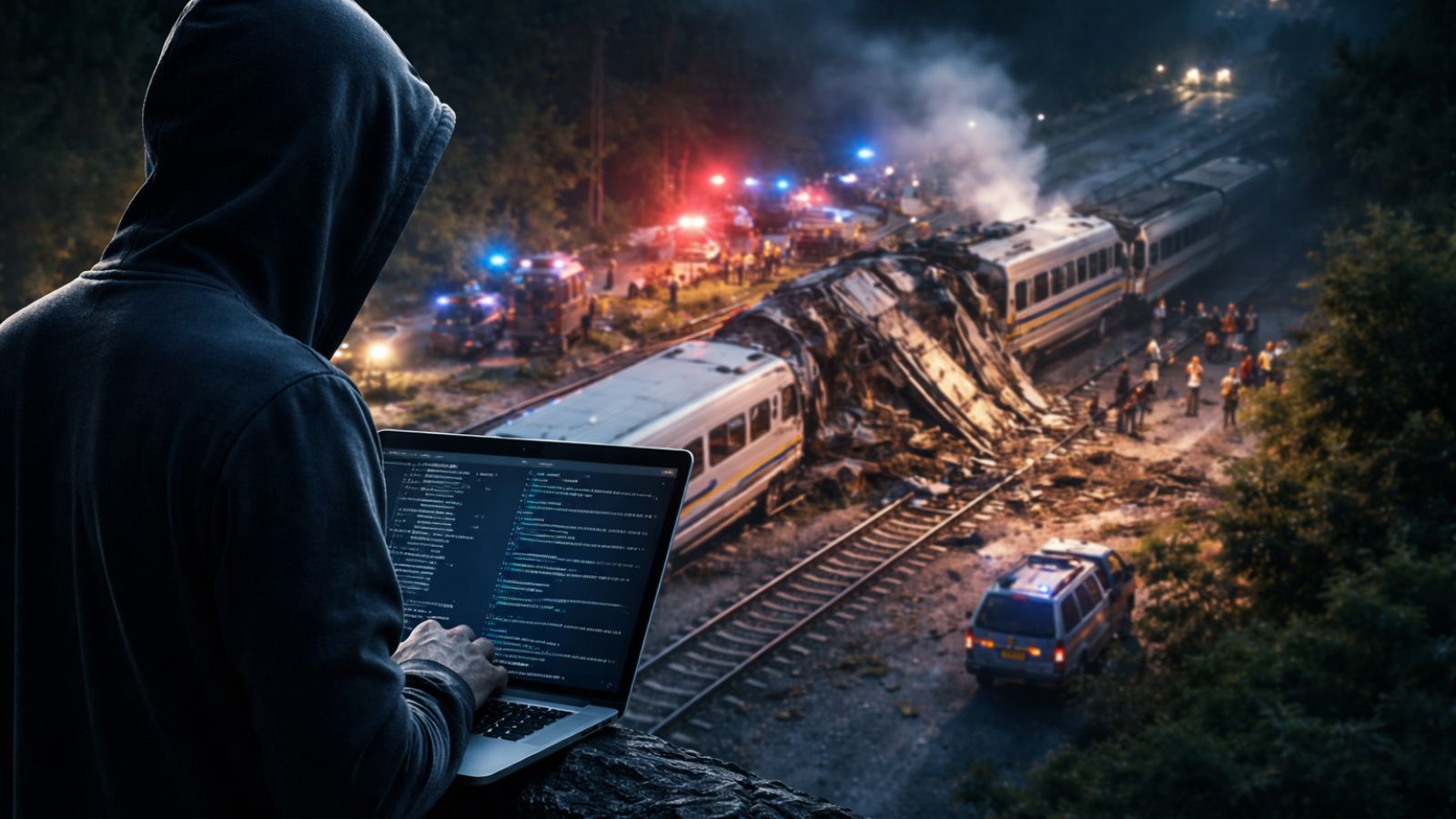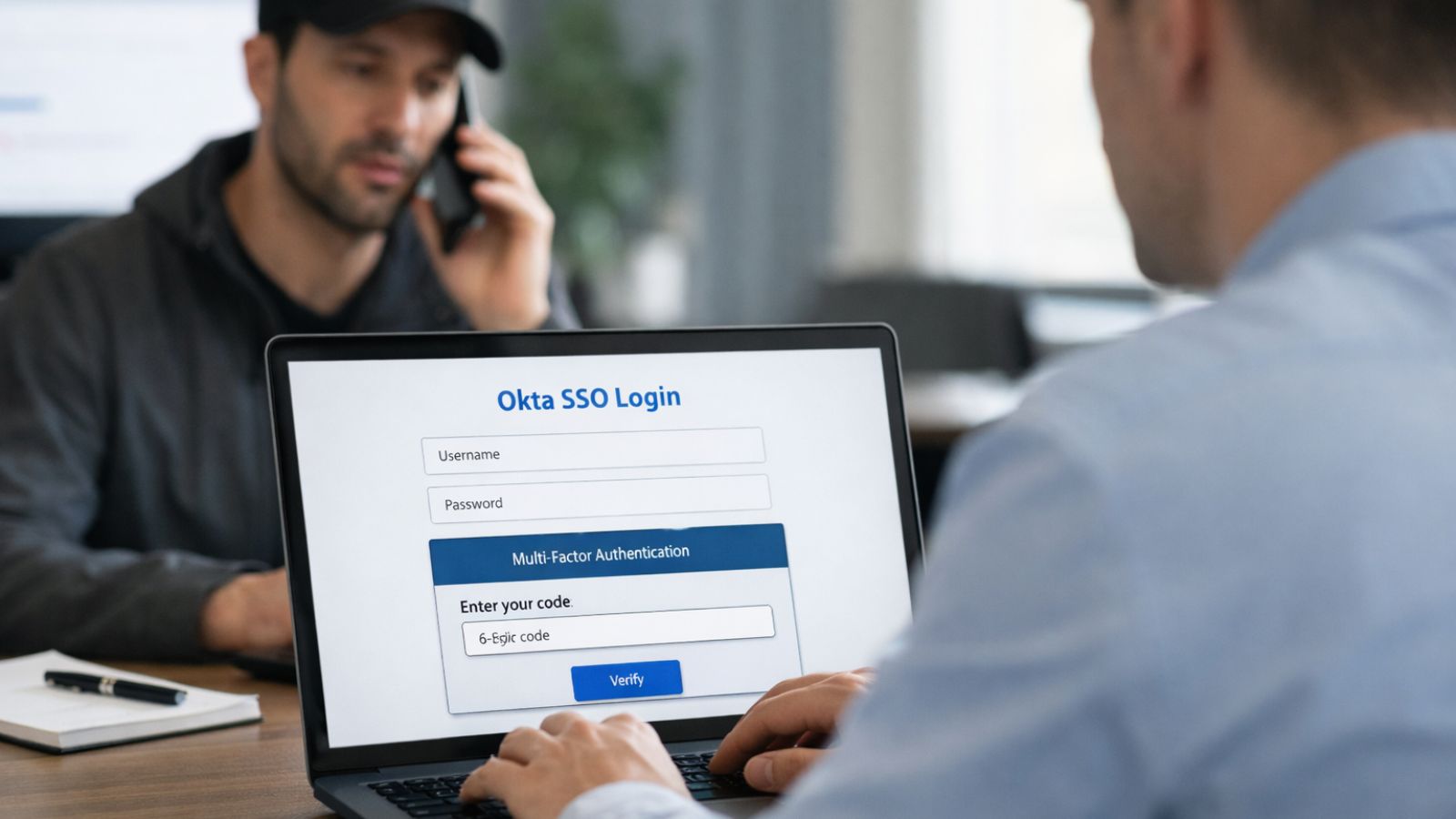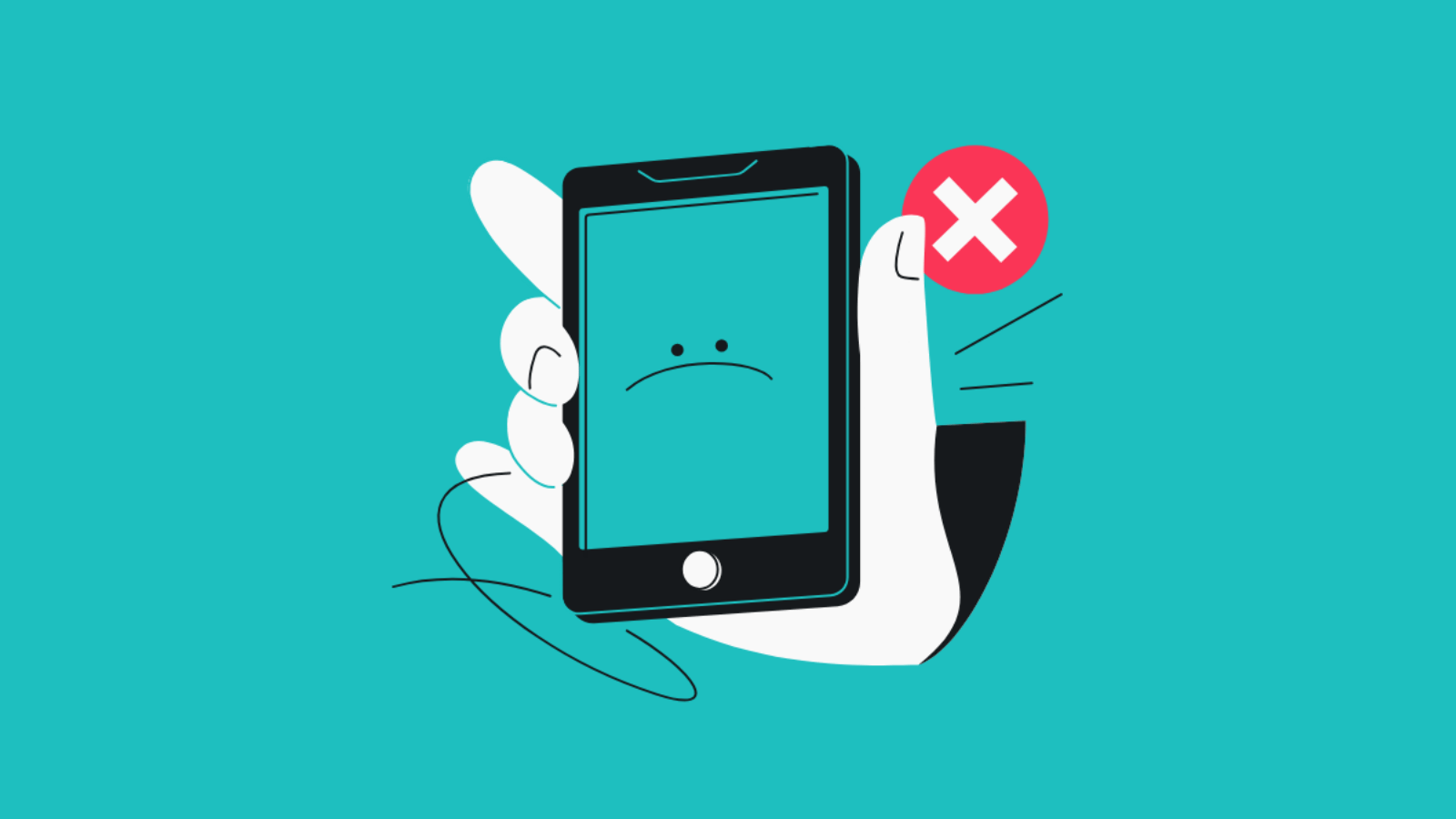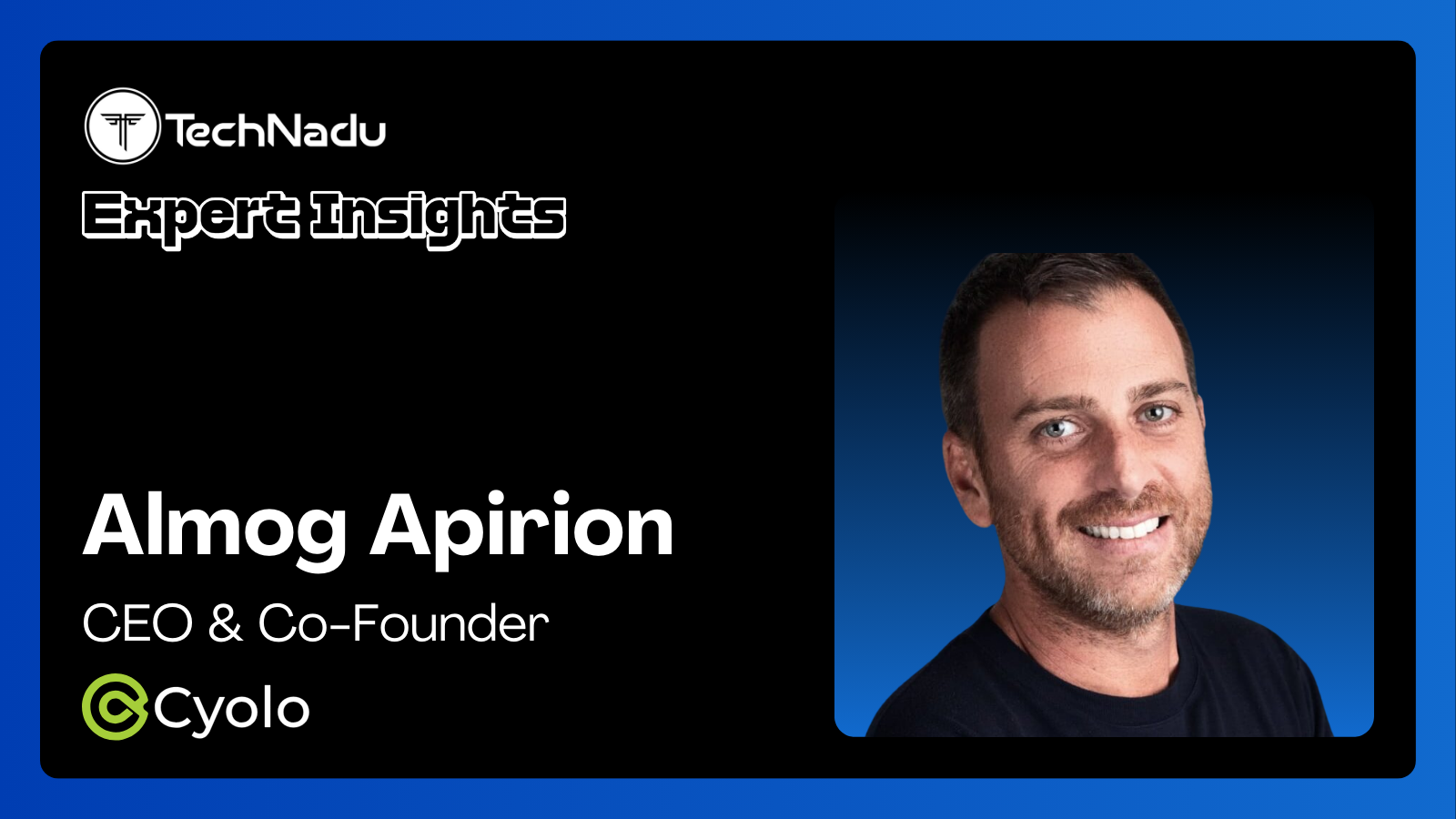
VPN Unlimited on Digital Resistance: Ethical Privacy, AI-Driven Defense, and the Fight for a Free Internet
In this exclusive conversation with TechNadu, Vasyl Ivanov, Founder and CEO of VPN Unlimited, offers a frank and far-reaching look at the evolving role of VPNs (Virtual Private Networks) in an era of digital control, AI integration, and post-quantum threats.
From the company's early days with just two servers to a sprawling global infrastructure, Ivanov shares why independence from investors, ethical responsibility, and resilience in the face of censorship drive VPN Unlimited’s philosophy.
He speaks openly about the balancing act between usability and privacy, why some battles, like access to streaming services, are no longer worth fighting, and how user anonymity can’t be sacrificed for convenience. With MonoDefense, a growing bundle of tools including DNS Firewall, SmartDNS, and Passwarden, VPN Unlimited is building a modular security platform shaped by real-world needs, not hype.
From integrating AI into threat detection to preparing for quantum-era encryption, Ivanov charts a path toward a user-first, censorship-resistant ecosystem that goes beyond just cloaking IPs (IP Address).
Read on to discover why VPN Unlimited isn’t just adapting to the future of the Internet; it’s preparing to defend it.
1. VPN Unlimited has grown from two servers in 2013 to over 3,000 today. As Founder and CEO, how do you see its VPN and security services evolving over the next few years, especially with growing regulatory scrutiny and the increasing fragmentation of the Internet in regions like China and Russia?
I think that in regions like China and Russia, the main blocking actions have already been taken. Minor reinforcements are possible, as pressure is being exerted on certain technologies that are still in use. I believe that some more countries from Eastern Europe and Asia will join them due to the desire to totally control society.
Predicting the future development of VPN services is a challenging task. It strongly depends on both geopolitics and economic opportunities. The VPN market has already passed one stage, when more than $1 billion was invested in several VPN services.
Such investments significantly exacerbate the situation, as the competition is reduced to merely increasing the marketing cost by 10-15 times.
2. You've bundled VPN Unlimited, Passwarden, SmartDNS, DNS Firewall, and Authenticator into MonoDefense. Is your long-term strategy to evolve this into a single unified 'super app' experience, or will each tool remain modular and independent?
Each product has its own purpose, and target audiences are different. However, some of our users utilize multiple products, and for their convenience, we have created a bundle to simplify their workflow with a subscription to our products.
We have plans to develop new cybersecurity products, which will also operate independently of one another.
3. MonoDefense seems poised to evolve into more than just a bundle. Are there plans to build it into a unified ecosystem with native integrations between the tools, possibly using AI for predictive threat response or user automation?
Yes, we have such a plan. Unfortunately, I can't disclose all the details now, as we have already reached an agreement with journalists for exclusive news.
During July and August, some of this news will already be known. I can only say that we have a roadmap for several years ahead, within which we plan to develop our ecosystem for the benefit of our users.
4. Now that VPN Unlimited supports WireGuard and KeepSolid Wise, what upcoming innovations in protocol design or infrastructure can users expect? Are decentralized VPN technologies or mesh networks under consideration?
Of course. Now we support WireGuard, OpenVPN, IKEv2, KeepSolid Wise (TLS / TCP / UDP), and we have an additional protocol planned for the end of this summer, which is currently in our backlog. We intend to regain some of the lost markets, especially from countries with blockades.
At the same time, our primary concern is for users who prioritize access to free Internet and the protection of their personal data. I mean, another VPN protocol is only part of the job.
Additionally, we must ensure the security and anonymity of users, both during registration and when paying for the service.
5. KeepSolid Wise mimics HTTPS traffic to bypass VPN blocking. Can you share more about its architecture, particularly how it handles deep packet inspection and adapts under real-world conditions like those in China or Iran?
It's not like we invented anything very unique, but I'd rather not help oppressive governments dismantle our protocol and find ways to block it. Sorry!
6. With quantum computing on the horizon, how is VPN Unlimited preparing for post-quantum cryptography? Are you testing NIST finalist algorithms or planning to integrate hybrid encryption schemes into any of your products?
We have already discussed this issue with the team. In fact, it concerns less our VPN encryption and even more our password manager - Passwarden. In the next year or two, we can not worry too much about the rapid cracking of cryptography with the help of quantum computers.
Experts in this field predict the first problems will occur within the range of 3-5 years. By that time, we will have upgraded all our servers and client applications to new encryption algorithms that are resistant to quantum computing.
7. Are you currently integrating AI or machine learning into your threat detection systems, particularly in Smart DNS or DNS Firewall solutions? Could users see real-time adaptive protection in the near future?
Oh, yes, this is my passion - not only to perform some functions but also to have a clear visualization of data and processes. Today, we already have AI working in our DNS firewall. This has significantly simplified domain moderation.
I remember how people in the office used to manually review thousands of sites a day, hundreds of which contained pornography, and other employees had a question: why is someone in the office watching porn?
Now, with the introduction of AI, the load on employees' psyches in this product has dramatically decreased. Of course, we have plans to introduce AI into VPN and Passwarden. I expect the work to start this fall.
8. Are there any internal experiments or research projects underway to explore how AI can enhance user onboarding, real-time threat detection, or UX personalization within MonoDefense?
I don't see such opportunities yet where we should spend our resources. From my perspective, using AI for onboarding and working with users is a cool idea in products where there is a lot of data - for example, resource management, project management, logistics, and similar products.
In our case, we have almost no data from our users, which means there is nothing to teach AI.
9. How are you educating or onboarding users who are not tech-savvy, especially in high-risk or low-infrastructure regions? Could we expect AI assistants, simplified dashboards, or regional customization for vulnerable users?
For all 12 years of the company's existence, I have been advocating for a clear user interface. That is, instead of training systems, I prefer to improve the product so that it is intuitive.
By the way, during the time our product was in existence, some competitors repeatedly borrowed our solutions. As for intruders, yes, we intend to add AI to monitor the state of our system and prevent malicious actions against our infrastructure or data.
10. Many VPN users face issues with banking apps rejecting connections from dynamic or foreign IPs. How are you balancing privacy features with the usability needs of these critical apps, especially for fintech users?
This is a difficult question. On the one hand, banks are justified in protecting themselves from users with data center addresses, as many attacks are often carried out from these locations. On the other hand, a VPN is a means of protecting personal data, and many users want to use a VPN when connecting to resources such as a bank.
Today, there is no stable solution for this situation except for replacing IP addresses.
11. You've stated that "users' desire to engage with VPN Unlimited is the highest praise." In a time when privacy tools often run invisibly in the background, how do you envision keeping users actively engaged with your products and loyal in the long term?
Yes, this is a good question in terms of marketing. I want to clarify for readers: the better a VPN product works, the less often the user launches it on a device. VPN simply works at the operating system level.
As a joke, I can note that Apple cares about regular VPN launches, this is the only way I can explain such a number of bugs in the network functions of Apple operating systems. In fact, if the user has paid for a subscription and continues to use us, then this is already good.
Of course, the PR component suffers, but we are working on this too. As I mentioned earlier, during the summer, we will be able to provide a public answer to this question.
12. With subscription fatigue on the rise, is VPN Unlimited exploring alternative pricing models such as usage-based billing, freemium AI-powered tiers, or blockchain-based access and identity verification systems? Will the Lifetime model evolve further?
Yes, in addition to people getting tired of subscriptions, companies like Apple also do everything to encourage people to cancel their subscriptions. By the way, I haven't noticed Apple reminding users to cancel their iCloud or Apple Music subscriptions.
Again, referring to the events of the coming months, I want to assure you that we will answer your question. But we are no longer playing in the freemium model, as it's too expensive in the case of a VPN reality. The Lifetime model was also effective at one time for entering the market.
A long time ago, we were the first with our 'Infinity' plan, and during a collaboration with one of the marketplaces, we switched to the 'Lifetime' title. But this promotion cannot last forever because users do not want to pay money commensurate with a service cost of 50-100 years.
If we sell a lifetime plan at the price of a two-year subscription, then we will very quickly burden ourselves with such obligations that no one will be able to withstand. In addition, many users who bought this tariff do not realize that they paid an extremely low price, and this is the opposite of premium users.
But the demands that these users put forward to us give us another reason to move away from this tariff.
13. With major streaming services becoming increasingly aggressive in blocking VPNs and SmartDNS, how is VPN Unlimited adapting its SmartDNS infrastructure to remain effective? Are you using IP rotation, residential IPs, or building relationships with content providers?
Well, we just stopped actively fighting this problem because it falls into the field of legal disputes, and we have enough of our own concerns in other areas.
14. With more businesses moving to cloud-first, remote environments, is VPN Unlimited planning to expand into enterprise-grade tools like Zero Trust Network Access (ZTNA) or SASE? If yes, what core technologies will you build on?
We are not even considering this segment now. The technologies we are developing now already enable many B2B and B2C users to use VPN on a daily basis. And our backlog is filled with these technologies for the next few years.
Therefore, all new ideas are such a distant future that I am not even ready to plan now. On the other hand, I do not exclude a change in the market situation so much that we will revise our backlog.
15. The EU's ProtectEU roadmap aims to enable lawful access to encrypted data by 2030, raising concerns among privacy advocates. How do you think governments can strike a balance between national security and the right to digital privacy, without weakening the very encryption that protects users?
Frankly speaking, the history of the last five years makes it clear to us that no government is going to find a balance. The interests of citizens are just words behind which there are opposite actions.
Look at the period of Сovid - what human rights can we talk about when you can walk a dog in the park but not a child? By the way, in the country I come from, Сovid ended in one day - February 24, 2022, and we have not seen any more mass deaths or victims of this virus.
Returning to the topic of encryption, I believe that companies like ours will become a reliable support for people in many countries. Cybersecurity companies will experience more pressure from governments, and in addition to working with technology, B2G will be another field of struggle.
This is one of the reasons why we do not want to take investments - so as not to be tied to other people's interests, because for me, ethics comes first.
16. Is there anything currently in development at VPN Unlimited that you're especially excited about and able to share, something that reflects the direction you're heading next?
Maybe you have already seen our crypto coin - KeepSolid Coin (KSCoin). This is the beginning. Other news will come this summer.
17. As VPN technologies evolve and online surveillance, geo-blocking, and data tracking rise, what are your personal tips or best practices for readers on how to use VPNs safely, effectively, and responsibly in 2025 and beyond?
I will not share popular advice, such as using different passwords for different services, and so on. Let's divide the advice for different audiences.
For example, if a user wants to use a VPN that has a server in the Russian Federation. And we know that to register a server in Russia, you need to become a licensed company by Roskomnadzor, so it is worth assuming that this VPN does not provide anonymity, quite honestly.
Here, we need to make an amendment that I do not follow changes in laws on a daily basis, and the rules may change at the time of publication. So, it will be helpful to research the reliability and honesty of your VPN provider.
I have met users who think that if you use a VPN during correspondence in a messenger, this will also protect the user. This is not entirely true. A VPN can protect traffic from interception by a telecom operator or the state, but if attackers have access to the servers of this messenger, then the data will be taken from the messenger's database, and the VPN will not help in any way.
And remember how Zuckerberg changes his rhetoric when the government changes. Why do you think that is? So, protecting your traffic is a good approach, but that’s not all - you have to protect your messages, passwords, etc.
Also, pay attention to where you download a VPN application or password manager from. It would be extremely reckless to download such an application from a third-party website because attackers (or the government) could have posted a build with tracking.


